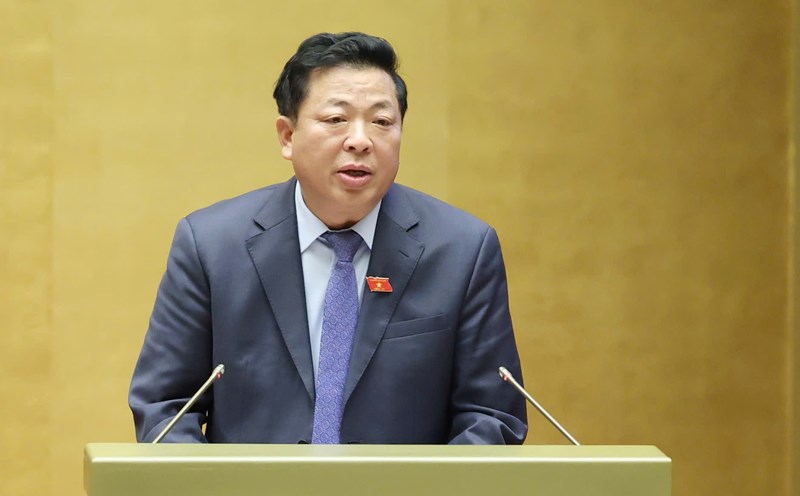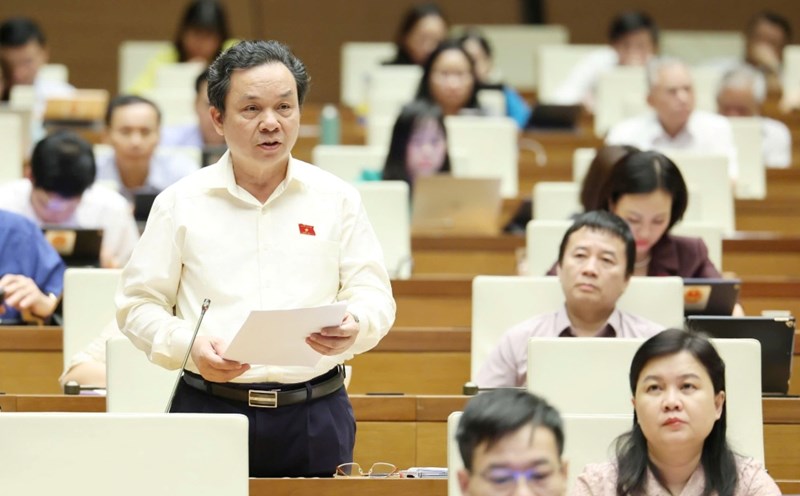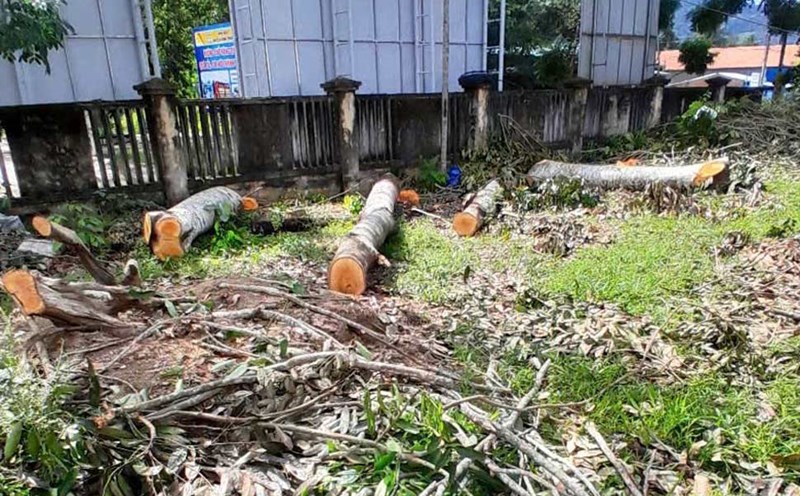On the morning of June 27, the National Assembly voted to pass the draft Law on Railway (amended) with 426/440 delegates in favor. The law takes effect from January 1, 2026.
According to the passed law, to develop railways, the State has preferential and support policies such as prioritizing budget allocation to invest in development, upgrading, maintaining and protecting national railway infrastructure, local railways, and developing the railway industry.
At the same time, training human resources to ensure railway transport plays a leading role in the national transportation system, serving the task of socio-economic development associated with ensuring national defense and security.
The law has a policy to mobilize local resources to participate in compensation, resettlement support, and investment in the construction of a number of items of national railway infrastructure within the locality where the railway project passes through.
Prioritize land funds for the development of railway infrastructure and railway industrial works in the land use planning process.
Organizations and individuals participating in railway business activities are entitled to many incentives such as: exemption or reduction of land use fees and land rents for land reserved for railways; receiving loans from the State or being granted a Government guarantee on loans when investing in developing national railway infrastructure and local railways.
The State supports a part of the state budget and preferential credit capital for organizations participating in railway business activities in areas with difficult socio-economic conditions; subsidizes public passenger transport activities by urban rail.
The State also prioritizes the purchase and use of domestic goods and services or must buy and use goods and services from domestic manufacturers or service providers, except for railway construction investment projects and railway locomotive and carrying projects.
Enterprises participating in investing in and developing the railway industry and trading in railway infrastructure are entitled to incentives on corporate income tax rates.
To promptly institutionalize the Party's important guidelines on private economic development in Resolution No. 68, the law stipulates investment in railway projects using non-state capital.
In particular, to encourage organizations and enterprises to participate in investing in railway projects under the public-private partnership or direct investment method, the law stipulates that these projects are guaranteed by the state with compensation and resettlement support funding and this funding is not included in the state capital participation rate in the project when implemented under the PPP method.
For railway projects implemented in accordance with the provisions of the law on investment, in case only one investor proposes, the competent authority shall approve the investment policy and at the same time approve the investor in accordance with the provisions of the law on investment.
The Ministry of Construction assigns its affiliated specialized agencies to perform the functions of specialized agencies on construction according to the provisions of the Construction Law for national railways.
The Provincial People's Committee shall decide to appoint investors for national railway projects selected by competent authorities in accordance with the provisions of law to implement investment in urban development projects under the TOD model within the project scope.











